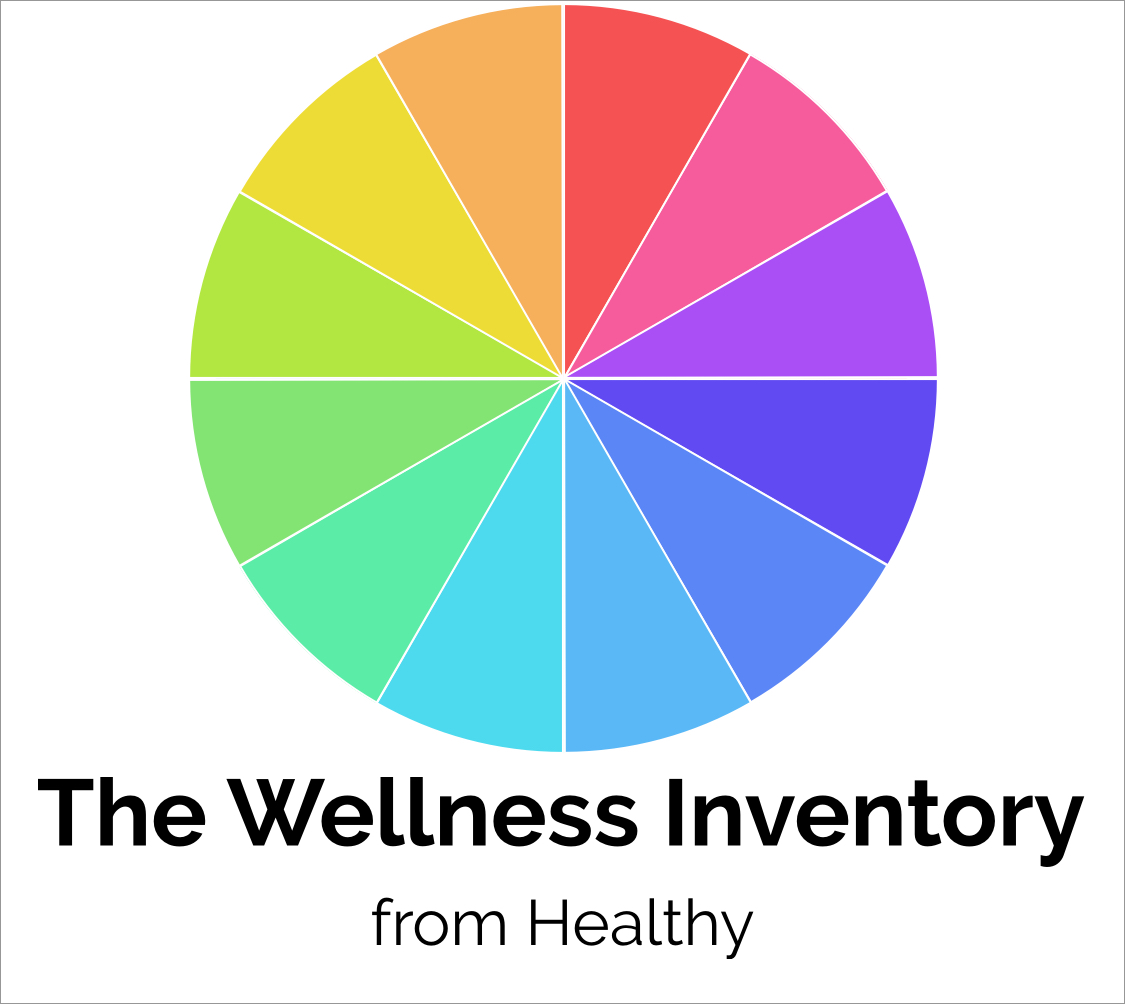The very worst kind of breast cancer is so called “triple negative” or TN. It has no receptors for estrogen, progesterone or the HER2 gene that make for sensitivity to endocrine manipulation. That makes for more aggressive cancer. The Department of...
Breast cancer is a complicated disease. But studies have shown that a vegetarian diet can help some women reduce their risk of cancer and can also increase chances of survival. A recent study in the Journal of Clinical Oncology reinforced existing...
Diethylstilboestrol (DES), the synthetic oestrogen, caused re-productive deformities and reproductive cancer among a generation of children born to millions of American women who took the drug to prevent mis-carriage in the middle of the last...
Breast cancer was a rare disease in 1900. Today, by some estimates, one in every eight women will contract breast cancer, many during their childbearing years. The literature on breast cancer show ...
In the clamour to get the new breast-cancer wonder drug Herceptin available on the UK’s National Health Service, everyone seems to be ignoring the fact that it is very dangerous. It causes life-threatening heart damage in 5 per cent of patients, and...
Q:I am 47. My doctor is pressing me to have mammograms every other year. What evidence is there that it can help prevent cancer? M S, Hitchin. ...
If you worry that drugs cause enough serious adverse reactions and side-effects even after passing through a supposed draconian approval process, you’ll be even more concerned about a subtle lobbying that could lead to a relaxation of the licensing...
Depo-Provera, the long-lasting contraceptive that can be injected, doubles the risk of breast cancer among women who have taken it for less than five years. It seems to be at its most dangerous in ...
Should women who have a familial history or genetic risk of breast cancer have a mastectomy just in case? No, according to a recent review. ...
Women who receive certain forms of chemotherapy or drugs combined with radiation for breast cancer are at increased risk of developing leukaemia. ...


